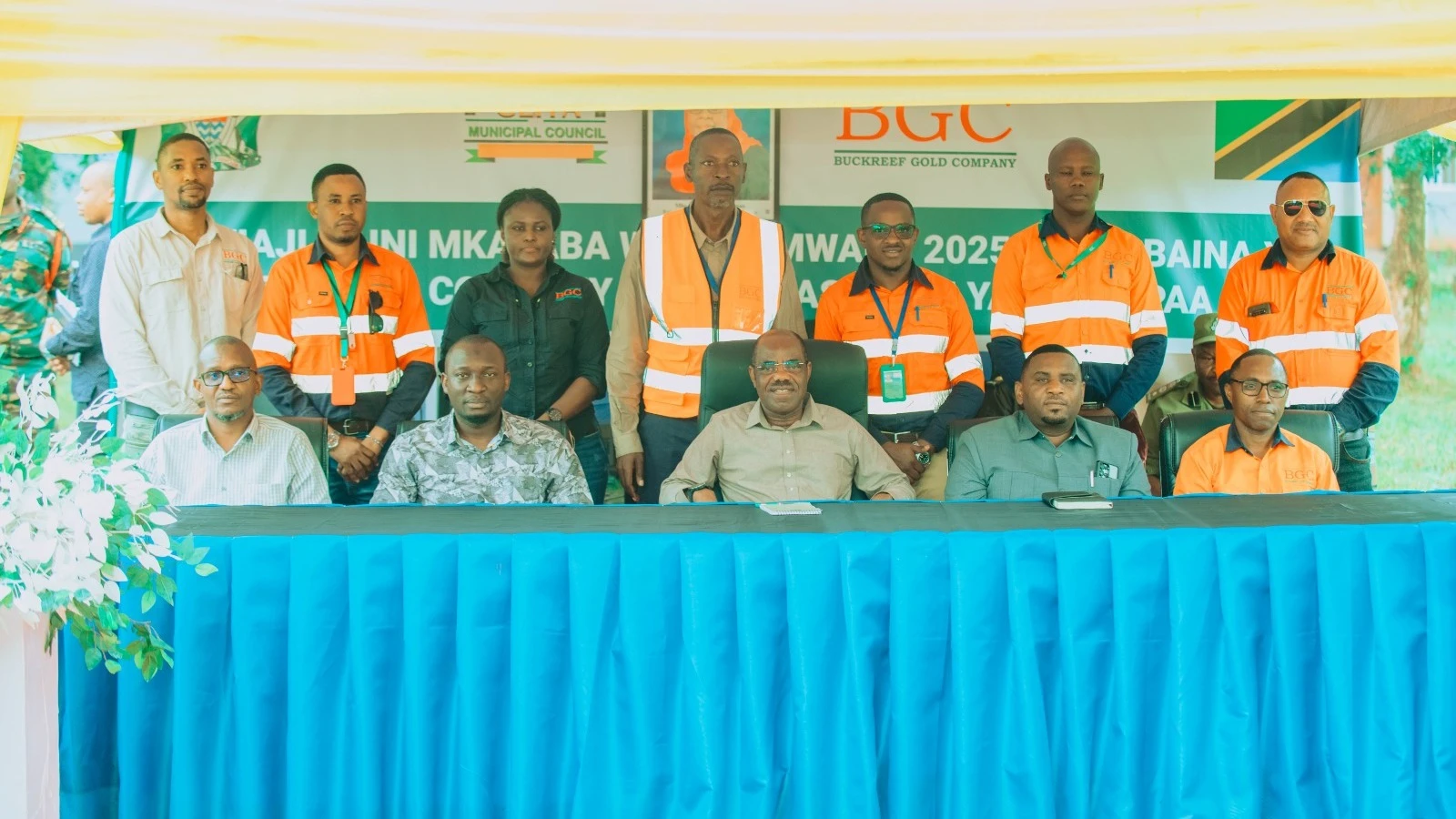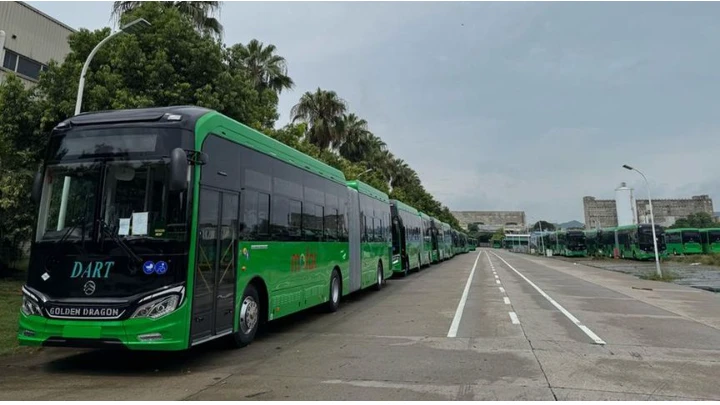Africa now to commit resources on addressing antimicrobial resistance
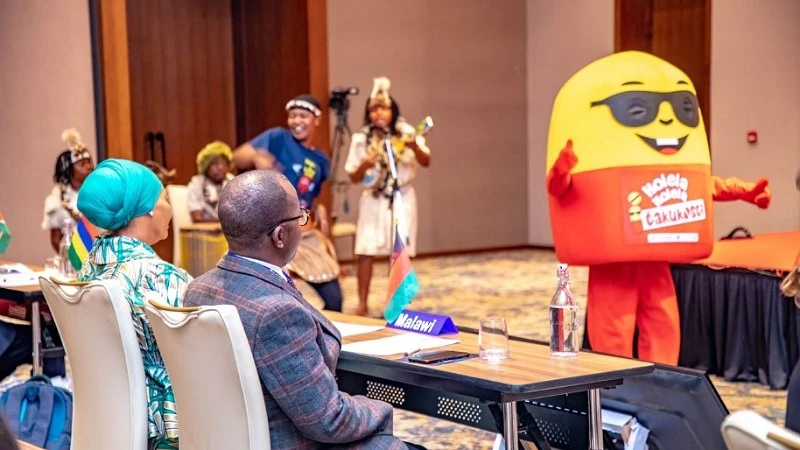
Health Ministers from the East, Central and Southern Africa countries have resolved to commit more resources in ensuring National plans in addressing antimicrobial resistance are effectively implemented since the problem now claims over 5 million lives in Africa.
That was among the main resolutions reached during the just ended 73rd East, Central and Southern Africa Health Ministers’ Conference held in Arusha.
The Director of Programs and Projects at East Central and Southern Africa Health Community, Dr Martin Matu said the Ministers meeting adopted five resolutions including that on strengthening campaigns against irrational use of medicines.
“Ministers from the nine ECSA member states have been impressed by the approach being used by Tanzania, through its “Holela-Holela Itakukosti” campaign and many want to borrow the leaf and use it in their own countries,” said Dr Matu.
‘Holela-Holela Itakukosti’ essentially translating into ‘Recklessness is Costly’ is an art-meets-science campaign against Antimicrobial Resistance which was launched recently and being coordinated by the Office of the Prime Minister in collaboration with Ministries of Health, Livestock and Fisheries, and the Vice President’s Office (Environment) and is funded by the United States Agency for International Development (USAID) through Breakthrough ACTION project.
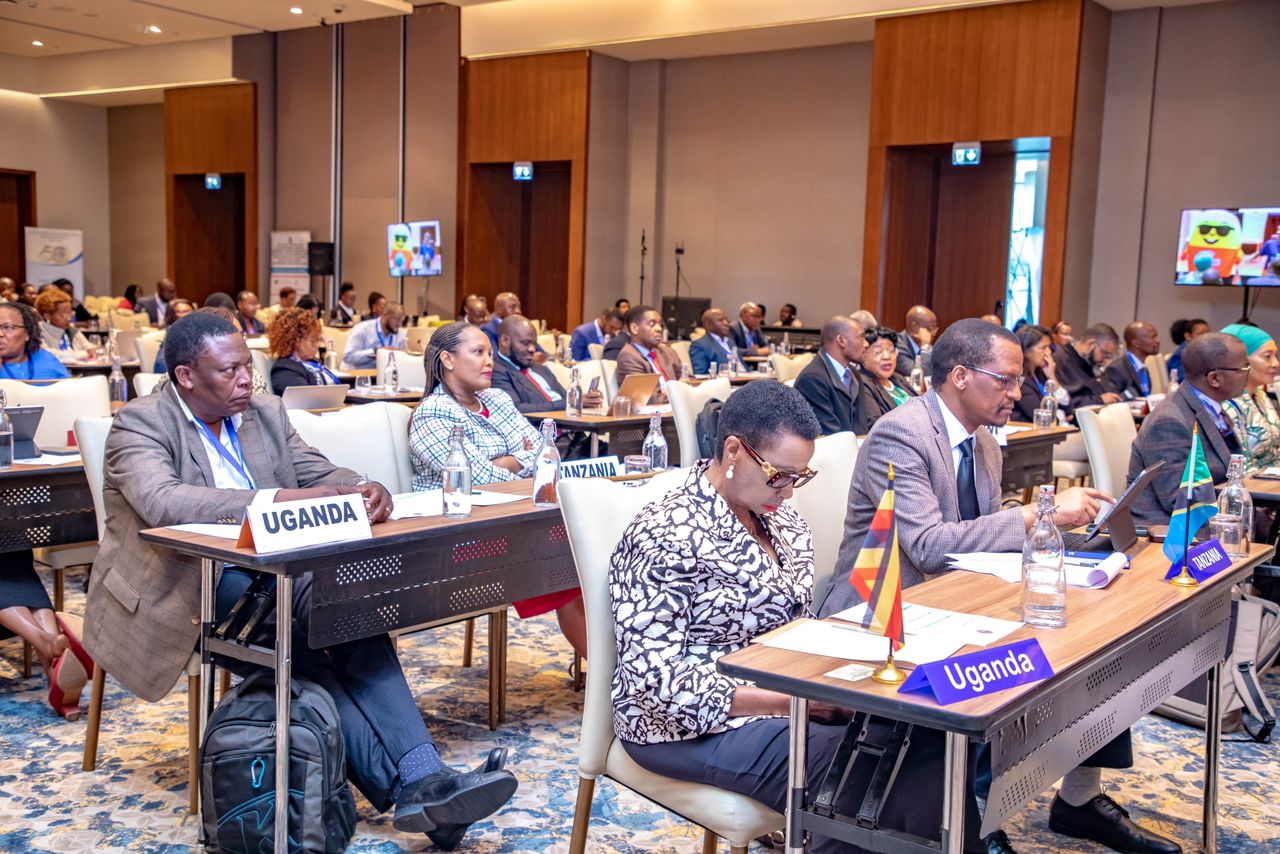
The Recklessness is Costly campaign, featuring a live cartoon character known as KIDO– who is the Ambassador of the ‘Holela-Holela Itakukosti’ campaign and Wamwiduka Band (traditional music group) that produced the “Holela Holela itakukosti” song to support their efforts against indiscriminate use of antibiotics.
KIDO is a character who adorns a red and yellow pill costume symbolizing the highly misused and overused form of antibiotics.
The Minister of Health, Ummy Mwalimu, said the rise of antimicrobial resistance is becoming costly in Tanzania as patients are now forced to spend more time in hospitals undergoing treatment.
“People have been under-dosing themselves when it comes to medicinal drug usage, because most of them after, feeling better they stop taking medicine and as result they develop resistance,” said the Minister.
She said other than the patients incurring more expenses, AMR has been causing deaths and that is why Tanzania has hatched the special campaign against Antimicrobial resistance.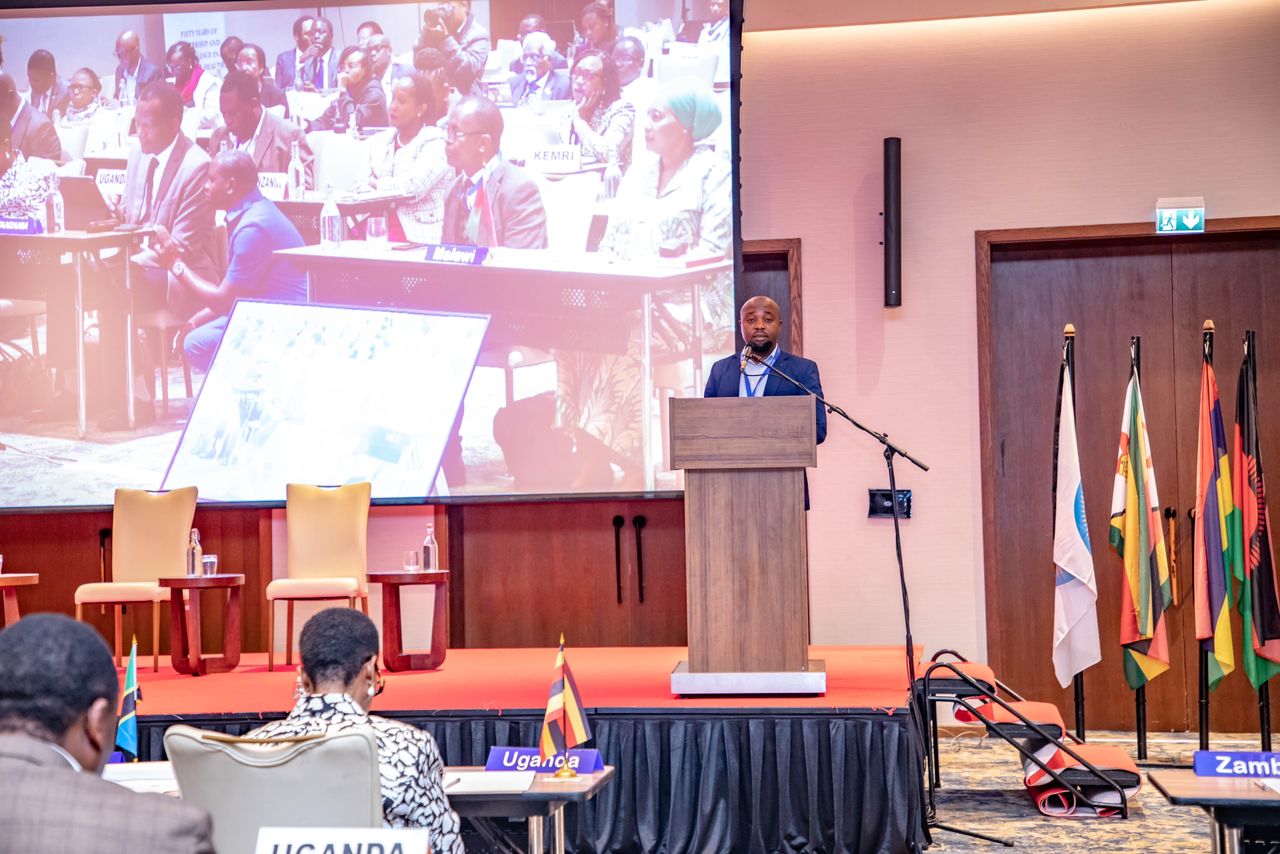
Health Ministers from Lesotho and Uganda said such campaign models against irrational use of medicinal drugs would come in handy in their countries where most Tuberculosis patients never complete their medicine dosage, mainly due to poverty as the drugs are costly.
As a result, cases of microbial resistance are high and call for rapid interventions.
Waziri Nyoni, who is the Director of John Hopkins Center for Communication Programs said the “Holela-Holela itakukosti” campaign inspired action to rapid change of behaviour, working through the mass media, community leaders, health workers and religious leaders.
“We are also working to raise awareness among pharmacists and drug store operators to ensure that they do not sell or distribute vital drugs without doctor’s prescriptions,” explained Nyoni.
The ECSA Ministers Conference was among the activities that marked the Golden Jubilee of the East, Central and Southern Africa Health Community (ECSA-HC).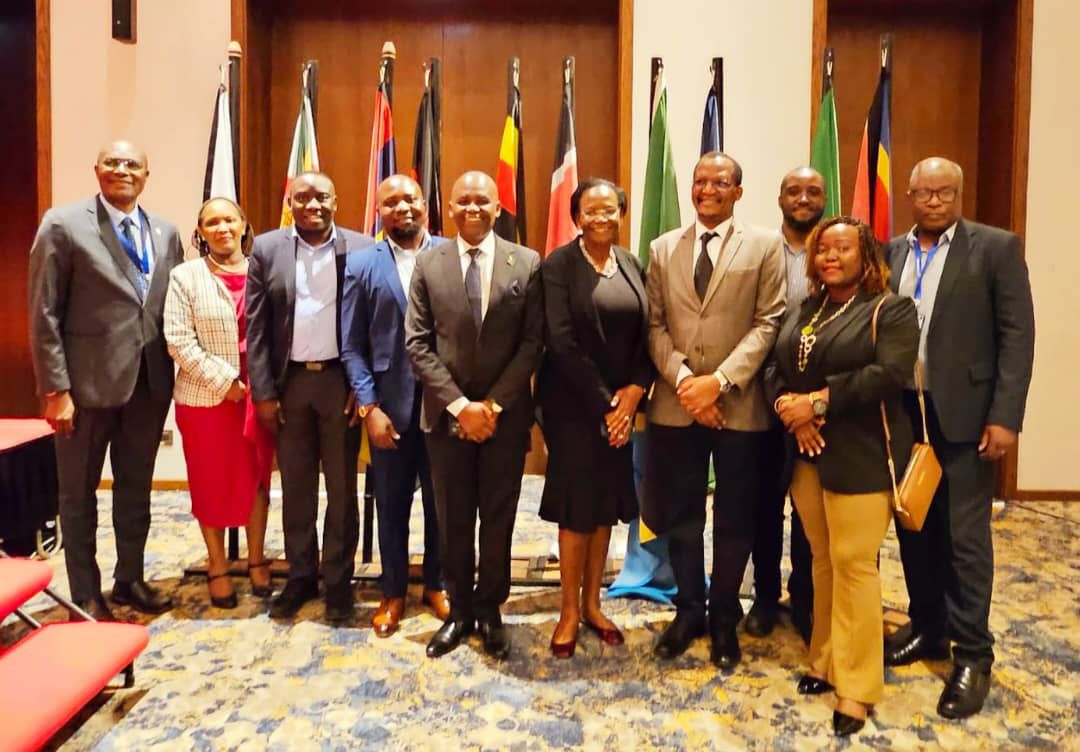
Waziri Nyoni is the Chief of Party- USAID Breakthrough ACTION Tanzania · Johns Hopkins Center for Communication Programs
An alarm was raised during the meeting that so far, cases of Antimicrobial resistance kill over 10 million people around the globe annually, with half of the figure, around 5 million deaths, occurring in the Sub-Saharan Africa region.
The regional ministers pointed out that, apart from being a health issue causing significant morbidity and mortality, Antimicrobial resistance (AMR) has developed to become a major economic concern worldwide.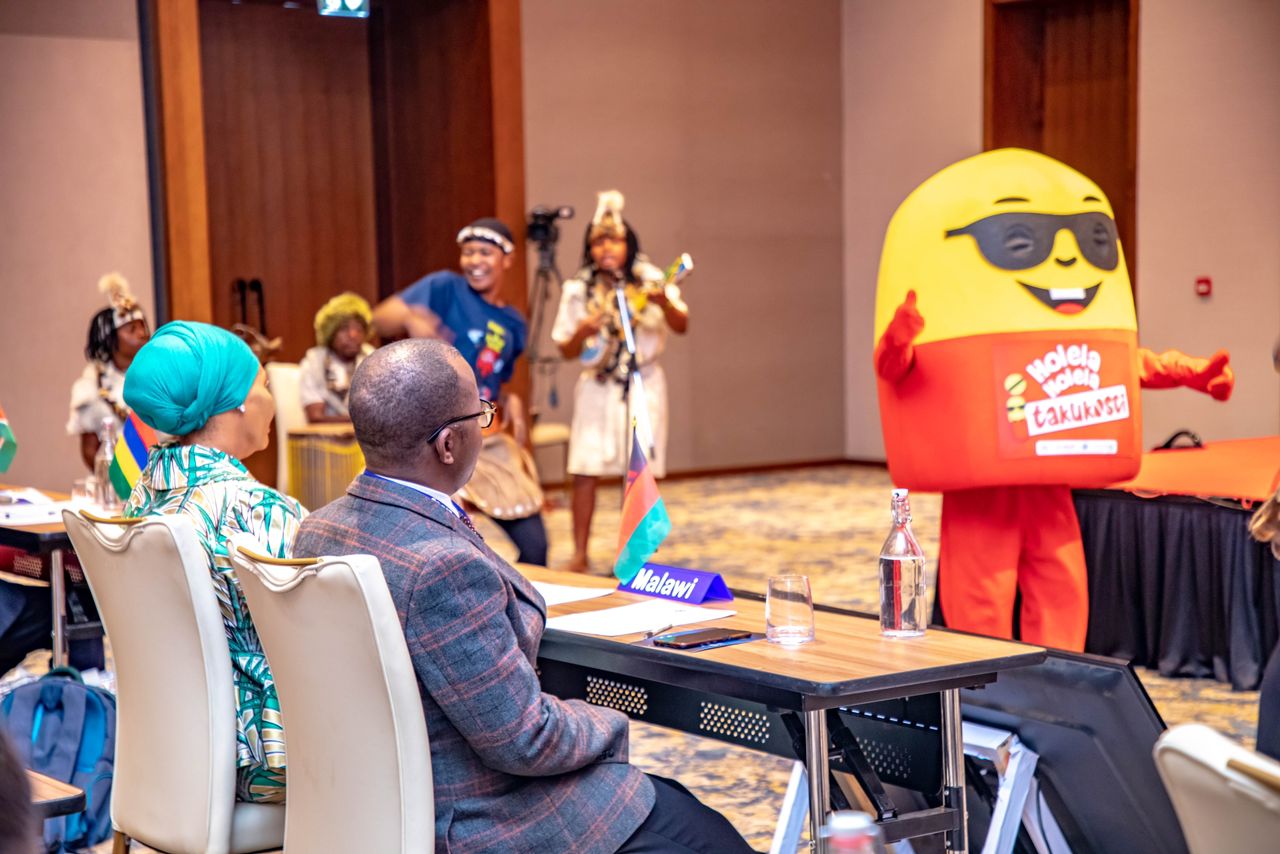
The 73rd East, Central and Southern Africa Health Ministers’ Conference was described to be a milestone in which ECSA-HC was celebrating five decades of momentous health advancements and cooperation across the region.
The meeting provided a comprehensive platform for health professionals, policymakers, and researchers who discussed, shared, and shared innovations in health care practices and policies.
Top Headlines
© 2025 IPPMEDIA.COM. ALL RIGHTS RESERVED













